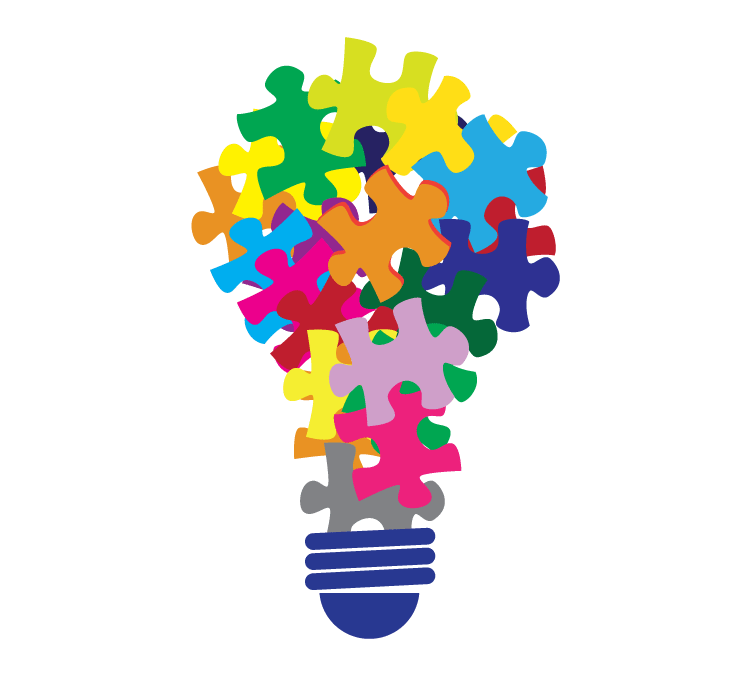Do you find yourself mulling over problems and reviewing the day’s activities as you try to sleep at night? You’re wasting your time and depriving yourself of sleep. Your brain won’t start working until you’re out of the picture. Once you are asleep, your brain can take over. It never sleeps.
That’s why your brain consumes up to 25 percent of the oxygenated glucose and nutrients distributed by your body’s circulatory system – even though it is only 2% of your total body’s weight. It’s a powerhouse – both during the day when you are directing its power, and at night when you’re supposed to be sleeping.
At night it repairs and replaces old neurons, decides what’s important to you and what isn’t, and consolidate memories. Oh yes, and in the morning it provides you with fresh insights on those problems that were keeping you awake, and frequently gives you a bonus of a truly creative idea – an “Aha” moment.
But you have to let it do its job. You can’t expect it to solve problems at night (when you’re stressed out and tired) that you were unable to solve when you were fully awake and alert.
We are programmed to spend about a third of our lives asleep. It’s not wasting time. During sleep those amyloid proteins – plaques and tangles – indicative of Alzheimer’s – are washed away. Sleep keeps us mentally sharp, creative and productive.
Don’t feel badly about all you’re fussing at night. We all tend to do it. It’s what we call “thinksomnia.” We’re so busy during the day fighting fires, flitting about from one job to another, fielding problems and crises that night-time seems to be the only time there is to really think about a problem and be really creative. But the thinking keeps you awake.
And you are anything but creative. Your job is to relax, let go of the day’s problems, and go to sleep. Sleep is as critical to life as the air you breathe. Don’t trade for it for anything – not even that million dollar contract that may be at stake if you flub that presentation in the morning.
That part of the brain that you rested will be rejuvenated, in addition to having completed its essential work during the night. You will be mentally alert, creative, optimistic and energetic in the morning. That’s worth more than another night of anxiety mixed with preparation. Believe it.
We need between seven and nine hours of sleep to be at our peak. That’s sleep-time, not bed-time. Less than six hours sleep and you are sleep deprived, which means you will not be at your best. Although a sleep deprived brain my tell you the opposite, your thinking skills will be way below average and your personal productivity will plummet.
There are ways of freeing up your mind and getting a good night’s sleep – and that’s not by taking sleeping pills. You might want to take a look at my brief e-book, Sleep: a time management strategy, published by Bookboon.com. It contains many suggestions that are based on actual research.
There is a list of 25 suggestions in the book for improving your sleep habits. Here are a few of them:
- Keep the bedroom cool. Scientific evidence indicates that 65°F to 68°F is the ideal temperature for sleep.
- Skip the caffeine. Avoid coffee or other caffeine drinks at least six hours before bedtime. It can actually stay in your system for 12 hours. Avoid alcohol and cigarettes as well.
- Stick to a routine. Where possible go to bed and get up at the same time every day, including weekends. It helps regulate the body clock. When people try to catch up on sleep on the weekend the quality of the extended sleep is quite low.
- If you can’t sleep, don’t stay in bed. Don’t spend too much time trying to sleep; it reduces the sleep drive. Read a book, listen to calming music or engage in relaxation exercises.
- If thoughts of all the things you have to do or specific worries linger in your mind, write them down on paper so you can put them out of your mind.
Don’t fight your biological clock. There is a time to work and a time to sleep. Don’t confuse the two.


Recent Comments